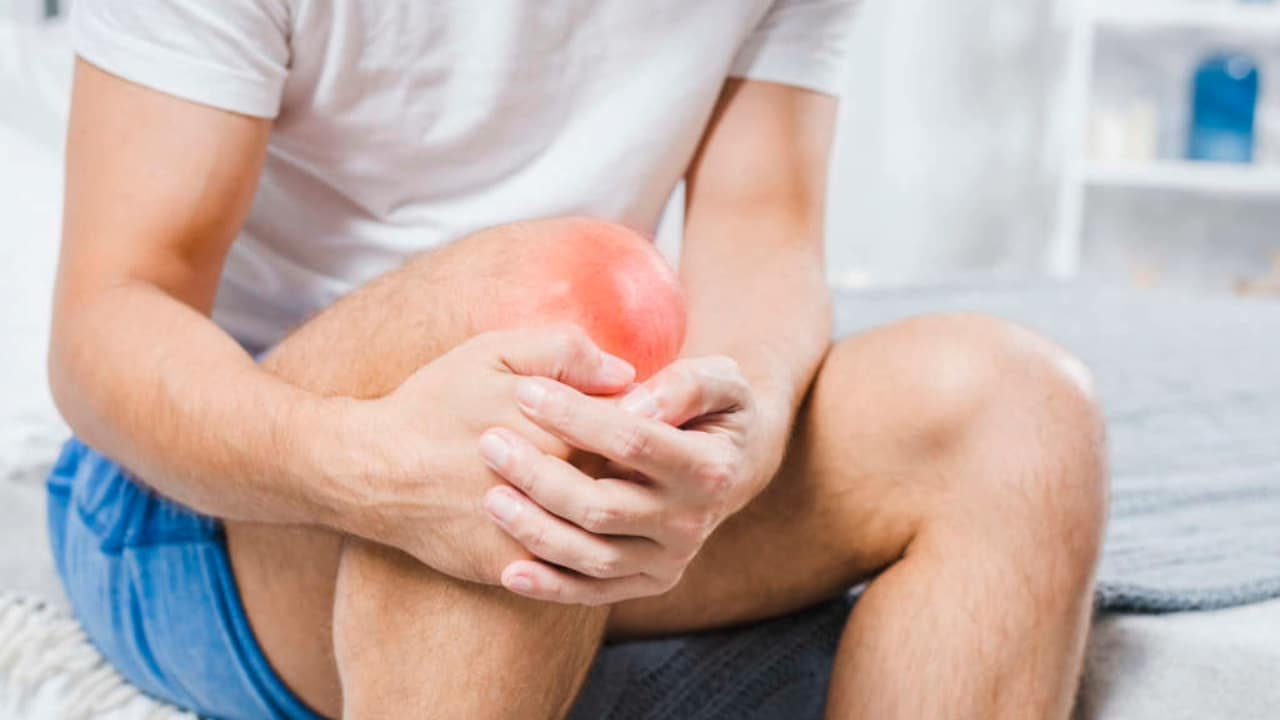Knee pain is a common complaint that affects people of all ages. It can be the result of injuries, such as torn ligaments or damaged cartilage, or from medical conditions, including arthritis, gout and infections. Fortunately, there are several ways to alleviate knee pain, ranging from simple lifestyle changes to more specific medical interventions. This article offers practical tips for anyone looking for ways to reduce or manage knee pain effectively.
1. Maintain a Healthy Weight
Excess weight puts additional pressure on your joints, especially your knees. Losing weight can reduce the load on your knee, decreasing pain and preventing future damage. Every pound lost can result in four times less pressure on your knees, which is significant for the long-term health of your joints.
2. Regular Exercise
Exercise helps strengthen the muscles around the knee, which can help protect the joint and reduce pain:
- Fortification: Exercises that strengthen the thigh muscles, such as squats and leg presses, can be beneficial. However, it is important to do them with the correct technique to avoid further damage.
- Low impact: Low-impact activities, such as swimming or cycling, may be more comfortable for people with knee pain.
- Stretching: Keeping your muscles flexible helps maintain function and reduce strain on the knee.
3. Wear Appropriate Footwear
Shoes that offer good support and cushioning can help relieve knee pain. For specific activities, such as running or walking, choosing the appropriate footwear is essential. Orthopedic or custom insoles can also be an option to correctly align your legs and knees.
4. Apply Physical Therapy Techniques
Physiotherapy is a powerful tool for treating knee pain. A physical therapist can teach specific exercises to strengthen muscles, increase flexibility, and improve knee alignment.
5. Use of Cold and Hot Compresses
- Cold compresses: Icing your knee for 20 minutes several times a day can help reduce swelling and pain.
- Hot compresses: For chronic pain or stiffness, heat may be more effective. A heating pad or warm towel can help relax and ease stiffness in the muscles around the knee.
6. Consider Supplements
Some supplements, such as glucosamine and chondroitin, are popular among those who suffer from joint pain. Although study results are mixed, some people find relief when using these products. It's important to discuss supplement use with a doctor before starting.
7. Medication Administration
Nonsteroidal anti-inflammatory medications (NSAIDs), such as ibuprofen and naproxen, can help relieve knee pain and swelling. However, long-term use may have side effects, so it should be done under medical guidance.
8. Injections
For severe pain that does not respond to other treatments, corticosteroid or hyaluronic acid injections may be considered. These treatments may provide temporary pain relief, but they are not long-term solutions.
9. Surgery
In cases of severe damage to the knee or chronic pain that does not improve with other treatments, surgery may be necessary. Options range from less invasive procedures, such as arthroscopy, to total knee replacement.
Conclusion
Knee pain does not have to be a sentence of immobility or constant discomfort. With the right strategies, it is possible to alleviate pain, improve knee function, and return to normal activities. The key is to combine proper treatment with lifestyle changes for the best results. Always consult a healthcare professional for personalized guidance and treatment tailored to your specific needs.



